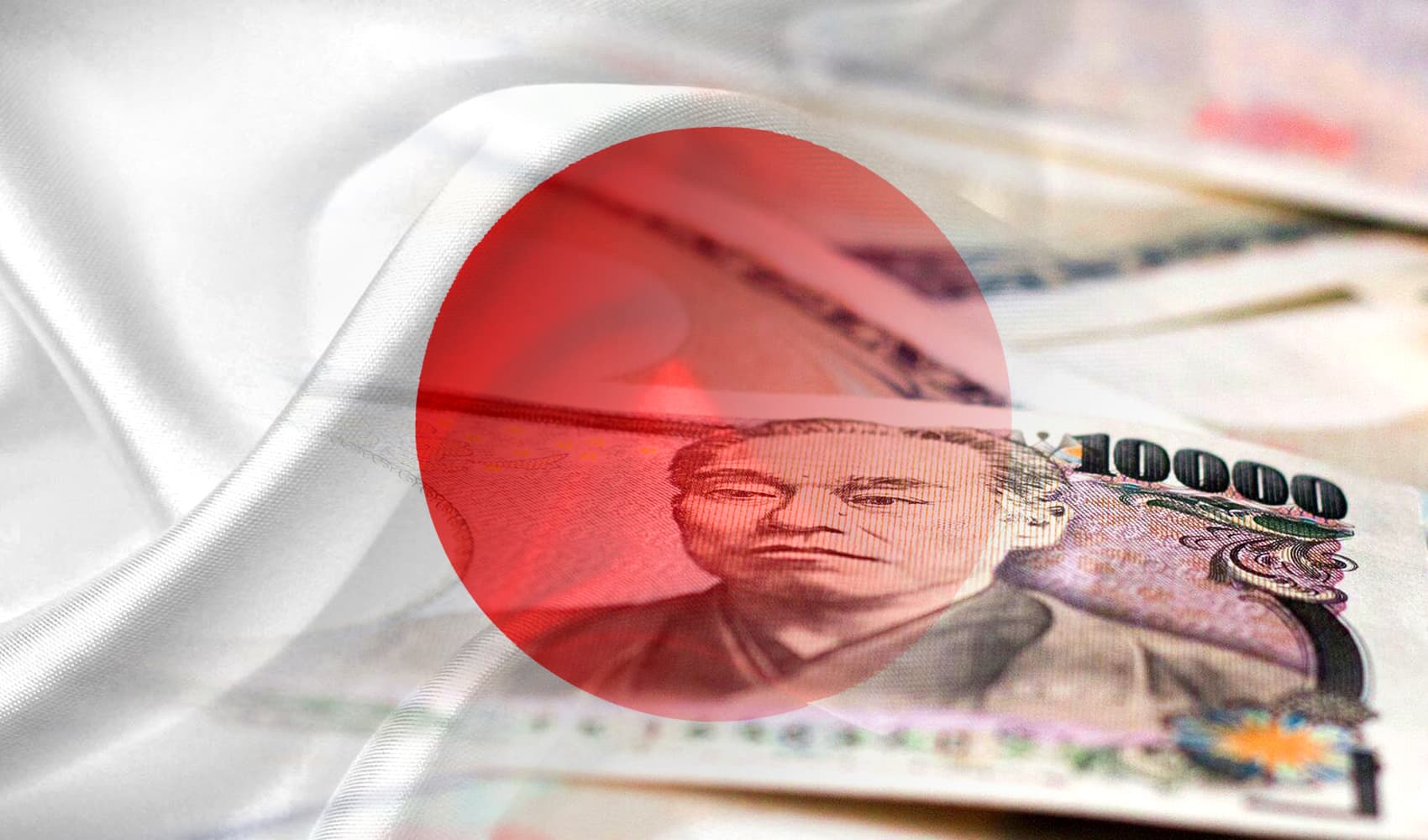
Self-control isn't something you're born with or without. It can be cultivated, according to author and psychiatrist Phil Stutz.
Leading a fulfilling life requires discipline, Stutz said on a recent episode of "Armchair Expert," hosted by Dax Shepard and Monica Padman. But that doesn't mean beating yourself up when you miss a workout or make a mistake at work.
Instead, there are three types of discipline needed to reach Stutz's version of self-actualization, according to the psychiatrist who is also the subject of a recently released Netflix documentary, called "Stutz," in which he discusses his approach to therapy with celebrity client Jonah Hill.
Stutz's three stages of discipline each have individual merit, but the psychiatrist's work suggests they work best in concert with each other. What's more, Stutz believes that understanding the concept of discipline by the time you reach age 27 is an essential step toward balancing your physical and mental health as you age.
Get South Florida local news, weather forecasts and entertainment stories to your inbox. Sign up for NBC South Florida newsletters.
Here are Stutz's three stages of discipline:
Reactive discipline
You're probably already familiar with Stutz's first step: Reactive discipline is the voice inside your head that tells you to take or avoid certain actions, based on how you predict the outcome.
Money Report
You've mastered reactive discipline if you can fill up your apartment's empty Brita filter pitcher without picking a fight with your roommate, calling them lazy for not performing the task sooner. It's about deciding how to react to internal or external conflict.
"Reactive is the one everyone understands. It's, 'Don't eat that cookie,'" Stutz said on the podcast. "It's called self-restraint."
This stage is supposed to be uncomfortable because it might be the opposite of what you're already doing, he added.
Structural discipline
The act of taking those reactive habits and integrating them into your "baseline" routine is what Stutz called structural discipline. He described it as creating a form for your day and adhering to that form.
Ideally, that schedule steers you closer to the life you want to live. If your goal is to drink more water, that means waking up in the morning and refilling the Brita, regardless of your roommate's behavior.
Some psychologists say the secret to forming healthy habits essentially combines Stutz's first two steps. Structural discipline relies more on conscious decision-making, while reactive discipline relies on subconscious behavior.
Habits are the latter. They are automatic, require little to no thinking, and make up 43% of our daily actions, according to University of Southern California professor Wendy Wood.
In her book, "Good Habits, Bad Habits: The Science of Making Positive Changes That Stick," Wood frames it like this: You have to make the decision to ask your boss for a promotion. You don't have to think about kissing your child every day before leaving for work.
In other words, habits — good and bad — are formed through routines over time, which is why Stutz says you would be wise to adopt daily routines that promote good habits.
Expansive discipline
By Stutz's logic, it isn't enough to just rely on those routine behaviors. Growing means continuously stepping out of your comfort zone and keeping an open mind, he said.
So, the third and final type of self-discipline is almost like a willingness to partake in the cycle again and again. Stutz defined it as having the discipline "to constantly move forward."
"Expansive discipline is to take advantage of opportunities," he said. Those opportunities can apply to your professional or personal life, but it has to feel like "moving into the unknown."
The sweet spot to keeping your brain engaged and staying physically and mentally healthy is to balance your conscious and subconscious brain. After all, keeping your brain engaged actually helps you stay energetic throughout the course of your life, according to Stutz.
Stutz defined fulfillment as a combination of "spiritual energy" and "physical energy."
Discipline is the key to compiling and maintaining that spiritual energy because it helps you accrue good habits and cut out bad ones. That becomes even more important as you age, Stutz added: After age 27, he said, your physical energy peaks and you need more spiritual energy to feel balanced.
Stutz came to that conclusion through monitoring his own clients. Separately, the University of Florida Institute on Aging's Department of Aging and Geriatric Research found in 2009 that you certainly feel more physically tired as you age.
Energy levels can peak anywhere from age 17 to 30, depending on how much you exercise, researchers found. Around age 40, those levels start to drop.
Continuing the cycle of self-discipline is how you stay adaptable as you age, Stutz said. Your tactics can be simple: For instance, after wearing a watch on his right wrist for years, Stutz switched it to his left to engage his brain in the mundane habit.
"It makes you aware," he said. "The reactive discipline is the practice of awareness that should lead to some kind of action."
Sign up now: Get smarter about your money and career with our weekly newsletter
Don't miss:
‘Healthy embarrassment’ can help you reach your goals next year—here’s how, from a Zen teacher
Your key to success in 2023, says attention expert: The difference between ‘habits’ and ‘routines’






